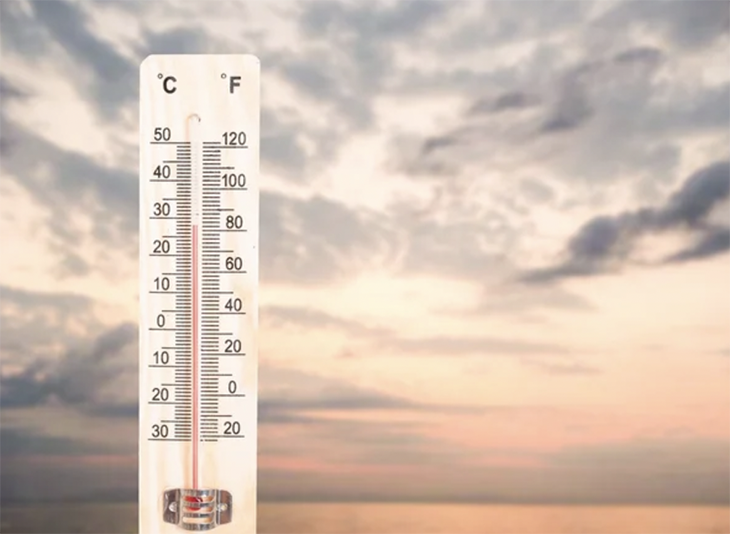With Extreme Heat Days On The Rise, It Could Also Lead To Thousands More Heart Disease Deaths Yearly

A concerning new study suggests that heat-related deaths associated with heart disease, such as heart attacks and strokes, could more than double by the middle of the century due to the increasing prevalence of extreme weather conditions.
An assistant professor of medicine at the University of Pennsylvania and a staff cardiologist at the Philadelphia Veterans Affairs Medical Center and the study’s lead author, Sameed Khatana, MD, MPH, said in a statement, “Climate change and its many manifestations will play an increasingly important role in the health of communities around the world in the coming decades. Climate change is also a health equity issue, as it will impact certain individuals and populations to a disproportionate degree and may exacerbate preexisting health disparities in the U.S.”
More Extreme Heat Days Expected in the Days to Come
The study, published in the journal Circulation, analyzed the heat index, accounting for increased humidity’s effect on perceived temperature, during the summer months between 2008 and 2019. It revealed that, on average, there were 54 days each summer with a heat index exceeding 90 degrees.
During these extreme weather days, approximately 1,650 excess heart disease death occurred annually, deaths that might not have transpired under milder weather conditions.
In a bleak worst-case scenario, where substantial efforts to combat climate change are lacking, the study anticipates a future with 80 days of extreme heat in summers, contributing to around 5,500 excess heart disease deaths annually. This would signify a drastic doubling of deaths from causes like heart attacks and strokes by the middle of the century.
Even in a more plausible scenario where current U.S. initiatives to address global warming persist, the study forecasts a substantial 162 percent increase in cardiovascular disease deaths from extreme heat by the middle of the century. These projections highlight the urgent need for comprehensive strategies to mitigate the impact of climate change on public health.
Elderly Individuals and Minority Communities to Face Heightened Impact from Climate Change
The vulnerability of specific demographics, particularly the elderly and minorities, emerges as a critical concern. According to the study, older individuals, aged 65 and above, will face 2.9 to 3.5 times higher heat-related heart disease deaths by the middle of the century, depending on the aggressiveness of global warming policies.
Similarly, Black Americans are expected to be significantly more susceptible to extreme weather days, with projected heat-related heart disease deaths being 3.8 to 4.6 times higher by mid-century.
The link between extreme temperatures, both hot and old, and heart disease deaths is a well-established concern, as noted by Robert Brook, MD, a professor of medicine and the executive director of cardiovascular prevention at Wayne State University in Detroit.
Dr. Brook, who wasn’t involved in the new study, said, “In the case of elevated heat indices, there are some plausible explanations which include dehydration and [reflexive] faster heart rates, low blood pressure, as well as increased metabolic requirements of various organs including the heart. This can promote cardiovascular problems including heart attacks and heart failure in susceptible people.”
Certain groups, such as those over 65, may be at greater risk due to preexisting heart conditions and decreased adaptability to heat and stress. Meanwhile, communities with more intense heat or limited access to air-conditioning and green spaces may render Black Americans more vulnerable.
“Socially vulnerable individuals may also be more susceptible due to poorer underlying nutrition and worse control of traditional cardiovascular risk factors that place them at higher risk for heat stress,” Dr. Brook says.
Ways to Stay Safe in Extreme Heat
Despite the grim outlook, Dr. Brook suggests that individuals can take proactive measures to reduce their risk during increasingly hotter summer days.
“If you are at risk, practical actions would include avoiding or reducing time outdoors or activities and exercise during hot days, ensuring that you stay well-hydrated, and spending more time in temperature-controlled indoor settings. Although it’s not an option for everyone, at-risk people living in southern or hotter regions of the country may also consider spending hotter months in more temperate locations,” Dr. Brook advises.



